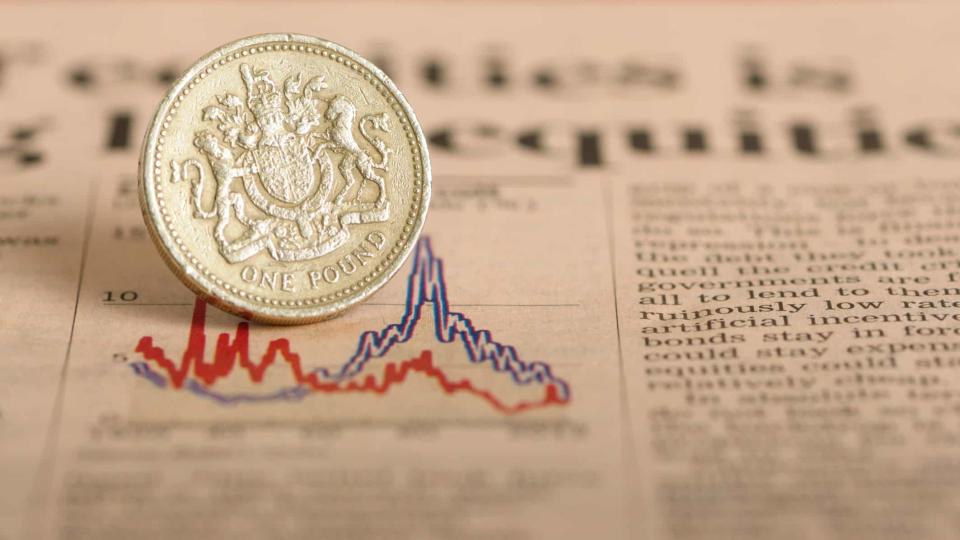

Is it possible to turn a weekly contribution of £100 into a cool £100,000 simply by investing in blue-chip FTSE 100 shares?
I think the answer is yes. Here is how I would go about it.
Regular and steady
I see a couple of advantages to drip-feeding money into an investment pot. First, over time it can add up to a substantial amount. My weekly £100 would mean I have over £5,000 per year to invest.
Secondly, if I regularly put aside the same amount at the same time, hopefully I will get used to it. That could lessen the impact on my personal finances of saving regularly.
Blue-chip FTSE 100 shares
But I have a universe of possible investment options open to me. So why might I focus on FTSE shares? After all, these well-established businesses can be staid and may have limited room to grow. British American Tobacco and rival Imperial Brands, for example, could see revenues fall over the long term as fewer people smoke cigarettes.
Limited growth prospects are one downside of many FTSE 100 shares. On the other hand, to get into the index a company needs to have a large market capitalisation. So most FTSE 100 members are mature businesses with well-established business models. They can often generate large profits.
This can be illustrated by looking at the five biggest companies in the index. Last year, AstraZeneca profits after tax came in at $115m. Energy giants Shell and BP managed $20.6bn and $8.5bn respectively. Unilever earned €6.6bn while HSBC managed $14.7bn. These are huge, multinational companies with massive profit potential in proven businesses.
Finding shares to buy
With £100 a week, I could soon have enough to start buying shares in different companies. That diversification could help reduce my risk if a particular share disappoints me.
How would I decide which FTSE 100 shares to buy? I would focus on areas I understand and then hunt for value. That is easy to say – but is it easy to do?
For me, value is all about buying something today for substantially less than I think it is worth, either now or in the future. So I look for companies that have a long-term competitive advantage in an area I expect to experience resilient demand. Unilever’s stable of unique brands in the consumer goods arena is an example.
I then consider the share’s valuation, based on what I think the company’s future earnings potential is.
Aiming for £100,000
Doing that, I would build a portfolio of shares. I would hope they offered me both share price growth prospects and income opportunities from dividends. If I reinvested those dividends, the power of compounding could help me reach my £100,000 target sooner.
If these FTSE 100 shares could achieve an average annual compound growth rate of 10% (from a combination of capital growth and dividends), I ought to hit my £100,000 target in around 11 years. But I have to accept that they might not grow that fast (or at all) and I might need to be more patient.
The post How I’d aim for £100,000 by investing £100 each week in FTSE 100 shares appeared first on The Motley Fool UK.
More reading
Christopher Ruane has a position in British American Tobacco. The Motley Fool UK has recommended British American Tobacco P.l.c., HSBC Holdings, Imperial Brands Plc, and Unilever Plc. Views expressed on the companies mentioned in this article are those of the writer and therefore may differ from the official recommendations we make in our subscription services such as Share Advisor, Hidden Winners and Pro. Here at The Motley Fool we believe that considering a diverse range of insights makes us better investors.
Motley Fool UK 2022






